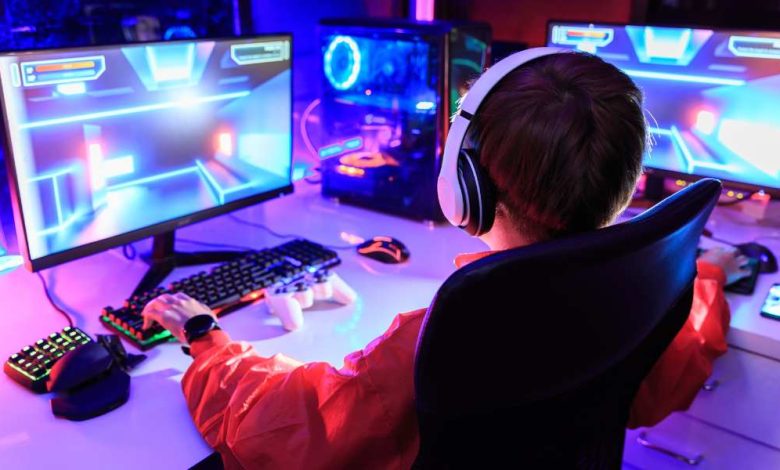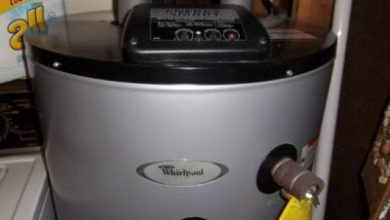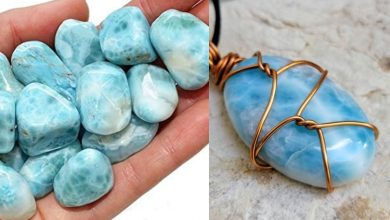How to build a gaming pc
How to build a gaming pc

Building a gaming PC can seem like a daunting task, but with the right guidance and components, it’s easier than you might think. The first step is to determine your budget and what type of games you want to play. If you’re on a tight budget, don’t worry – there are plenty of affordable options out there that can still give you great performance.
Once you have your budget in mind, it’s time to start selecting your components. The most important parts of a gaming PC are the CPU (central processing unit), GPU (graphics processing unit), RAM (random access memory), and storage. When choosing these components, make sure they’re all compatible with each other and fit within your budget.
One of the benefits of building your own gaming PC is that you get to choose exactly what goes into it, giving you full control over its performance capabilities also learn Budget Gaming PC in BD.
Budget: How Much to Spend?
Building a gaming PC is an exciting and rewarding experience. It allows you to have complete control over the components and performance of your machine, ensuring that it meets your specific needs and preferences. However, before diving into this project headfirst, it’s important to consider one crucial aspect: budget.
Your budget will ultimately determine the quality of the components you can afford for your gaming PC. Setting a realistic budget is key to building a system that is both powerful and cost-effective. A good approach is to decide on a maximum amount you’re willing to spend and then research what components are available within that price range.
When deciding how much to spend on your gaming PC, keep in mind that some components are more important than others when it comes to gaming performance.
GPU: Graphics Processing Power
Building your own gaming PC is a dream come true for many gamers, and choosing the right GPU (Graphics Processing Unit) is an essential part of that process. The GPU is responsible for rendering images and videos on your computer screen, making it a crucial component in any gaming setup. But with so many options available in the market, choosing the right one can be overwhelming.
To make things easier, you should first determine your budget and gaming needs. If you’re on a tight budget but still want decent graphics processing power, then there are plenty of affordable GPUs out there that will get the job done. However, if you’re looking to play high-end games at maximum settings or do some video editing work, then investing in a more powerful GPU will be necessary. Once you’ve determined your needs and budget, research different brands and models to find one that fits within those parameters.
RAM: Memory Matters
Building a gaming PC requires careful consideration of various components, including the central processing unit (CPU), graphics card, cooling system, and power supply. However, one often overlooked yet crucial component is RAM or memory. RAM plays an integral role in ensuring your gaming experience runs smoothly without lagging or freezing.
Your choice of RAM can affect the speed and performance of your gaming PC. When selecting RAM modules, you should consider their capacity and frequency. Typically, higher capacity means more data can be stored and accessed quickly. On the other hand, higher frequency translates to faster data transfer rates between your CPU and RAM module.
Moreover, it’s important to ensure that your chosen RAM is compatible with your motherboard’s specifications. Not all motherboards support all types of RAM modules; thus, you need to do some research before making a purchase.
Storage: Capacity and Speed
Building a gaming PC is an exciting task, but it can be overwhelming if you don’t have the right components. One of the most important aspects to consider when building your own gaming rig is storage capacity and speed. It’s crucial to choose the right hard drive or solid-state drive (SSD) that meets your needs for storing games, software, and other files.
When it comes to storage capacity, you should aim for at least 1TB of space on your primary drive. Most modern AAA games require over 50GB of storage space, so having ample room for multiple titles is essential. Additionally, installing games on an SSD will significantly improve load times and overall performance compared to using a traditional hard drive.
Another factor to consider is storage speed. SSDs are much faster than traditional hard drives since they use flash memory instead of spinning disks.
Cooling System: Avoid Overheating
Building your own gaming PC can be a fun and rewarding experience for gamers who want to take their gaming experience to the next level. However, one of the biggest challenges in building a gaming PC is keeping it cool enough to avoid overheating. A cooling system is essential to keep all the components functioning within their optimal temperature range.
The first step in building a gaming PC with an effective cooling system is choosing the right case. A case that comes with pre-installed fans or has room for additional fans will help keep your PC cool under heavy load. Larger cases also tend to have better airflow, which helps dissipate heat more effectively.
Once you have selected your case, the next step is choosing the right fan configuration. A good rule of thumb is to have two intake fans at the front of your case and one or two exhaust fans at the back and top of your case.
Conclusion:
There are several cooling options available for gaming PCs. One popular choice is liquid cooling, which uses a combination of water and coolant to draw heat away from the CPU and other components. Another option is air cooling, which uses fans to circulate cool air throughout the case. No matter what type of cooling system you choose, make sure that it’s compatible with your gaming PC’s specifications and provides adequate airflow.




